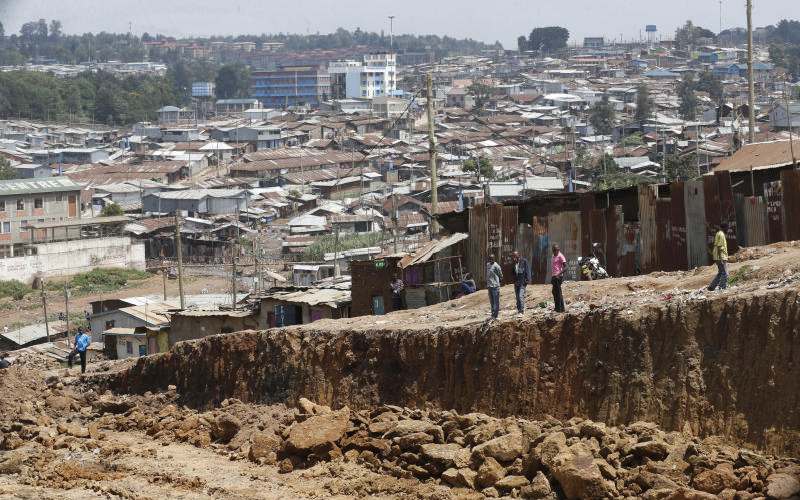×
The Standard e-Paper
Smart Minds Choose Us

On-going construction of the Kibera-Langata link road that divides Kibera Slums in Two.[Stafford Ondego, Standard]
In Nairobi’s informal settlements, rogue civil servants in cahoots with unscrupulous traders hold ultimate power.